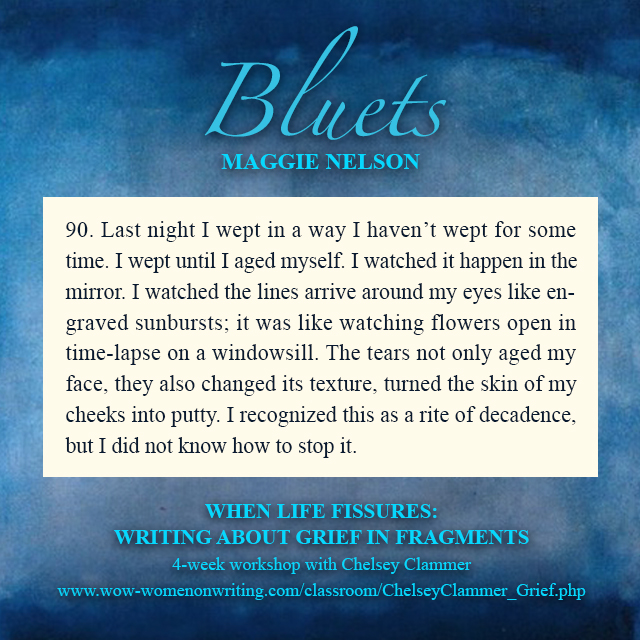You write a book, you begin to market it to agents or publishers, and then, zero. Nada. Zilch. In other words, the story you poured your heart and soul into sits in the document file of your computer or is shoved to the back of a filing cabinet.
If you find this happening to a piece of your writing, take another look at what you've put on paper. More than likely, the story has a flaw that can be fixed, and in the long run, these edits will make it a stronger piece of writing.
Have you committed any of these story flaws?
by LuAnn Schindler
Read More »
If you find this happening to a piece of your writing, take another look at what you've put on paper. More than likely, the story has a flaw that can be fixed, and in the long run, these edits will make it a stronger piece of writing.
- No action, no reaction. Without a catalyst for action, a story sits - and will more than likely never sell. It's a basic notion of physics, and in this case, literature: Something must happen that causes a reaction from characters. Now, the action doesn't have to be major, but a single event or non-event acts as a turning point for a story.
- Whoa, Nellie! Have you ever started reading (or writing) a story that has too much exposition and by the time you reach what should be the beginning, you've lost interest? I find this a lot when I edit stories for a publishing company, and it always reminds me of lines from The Best Christmas Pageant Ever. "Begin at the beginning." "The beginning?" asked my mother. "The beginning of the story." Readers don't want to get bogged down with information that does not impact the storyline.
- Repetition. I'll plead guilty to this common flaw. I find I overuse certain words or phrases. They are everywhere! A few weeks ago, I was reviewing several poems I have written to submit to a contest. That's when it struck me: I have a pet phrase that showed up in all five poems. It's the same principle when you write fiction or non-fiction: tell us what you want to tell us. Readers don't need to be constantly reminded of something that happened.
Have you committed any of these story flaws?
by LuAnn Schindler














